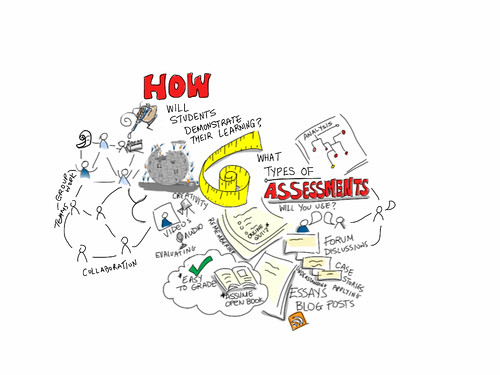Session 10: Privacy Impact Assessment

To do this session
✓ Complete the required readings of linked resources, videos and websites and explore the recommended reading resources
✓ Review the rubric for elearning tool adoption
✓ Complete the quiz
✓ Consider the reflection questions for this session
Session Introduction
This week we tackle big issues around online and blended learning that have grown from the emergence of the ed tech start up and tech culture bleeding into education. Many have seen this as a necessary evolution as it provides students and teachers with new capabilities for global collaboration. But at what cost?
Our readings focus on Privacy, Intellectual Property, and ethical implications. Each of these elements are crucial to understand before we use any online tool for teaching.
An excellent resource worth reviewing is the Rubric for eLearning Tool Evaluation was created by colleagues Lauren Anstey & Gavan Watson, Teaching Support Centre, Western University and is made available under the terms of the Creative Commons Attribution-NonCommercial-ShareAlike 4.0 International License, http://creativecommons.org/licenses/by-nc-sa/4.0/.
Visit the eCampusOntario toolkit and select a tool (other than H5P). Review the tools affordances and limitations. Compare the analysis eCampusOntario provides compared to Anstey & Watsons Rubric for eLearning Tool Evaluation.
Outcomes
By the end of this session you should be able to:
- analyze the ethical implications of educational technologies; and
- review the rubric for elearning tools and reflect on the various elements involved in tool adoption.
Rationale
Informed decision making is an essential part of teaching and learning. Our technology choices can help or hurt our students if we don’t take these into consideration.
Connection to Theory
Knowing what we do about teaching and learning, what problems are technological solutions solving?
Connection to Practice
Use a critical lens to evaluate various educational technologies tools.
Session Resources
- Anstey, L. & Watson, G. (2017). Rubric for Evaluating eLearning in Higher Education.
- Gillard, C. (2017). Pedagogy and the Logic of Platforms. In Educause Review.BookMorris, S. & Stommel, J. (2017). A Guide for Resisting Edtech: the Case against Turnitin.
- eCampusOntario (2020) Toolkit
Learning Activities
Quiz
Reflection
- Which tool did you look at on the eCampusOntario toolkit site? How might it be useful?
- Do you have any concerns in adopting the tool, after looking at the limitations and the Anstey & Watsons Rubric for eLearning Tool Evaluation?
- Have you used Turnitin.com as a student? As an instructor? Do you agree with Morris & Stommel (2017) that we should resist the use of Turnitin?
- What are your thoughts about Gillard’s (2017) descriptions about students being digitally redlined, surveilled, and profiled on the web?
Bridge to Next Session
Session 11 we will start putting everything together.

